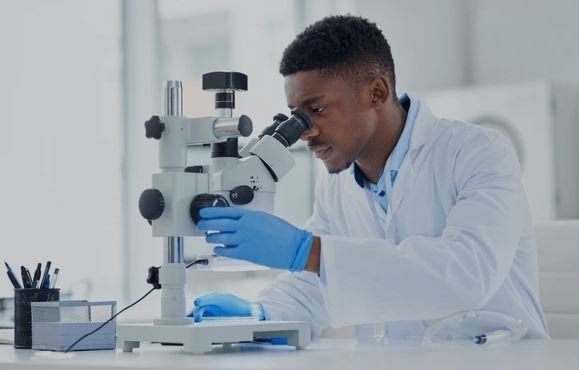- +255654 469176
- info@afyamedicare.co.tz
- Mandela ya Zamani, Mizani Street Makambako
- +255654 469176
- info@afyamedicare.co.tz
- Mandela ya Zamani, Mizani Street Makambako
Pathology and laboratory services
We are a Group of Professionals Doctors
Pathology and laboratory services play a crucial role in healthcare by providing diagnostic and analytical information that informs medical decisions and patient care. These services encompass a wide range of medical tests, analyses, and evaluations conducted on various specimens such as blood, tissue, urine, and other bodily fluids. Here are key components of pathology and laboratory services
Pathology and laboratory services
Pathology and laboratory services play a crucial role in healthcare by providing diagnostic and analytical information that informs medical decisions and patient care. These services encompass a wide range of medical tests, analyses, and evaluations conducted on various specimens such as blood, tissue, urine, and other bodily fluids. Here are key components of pathology and laboratory services

